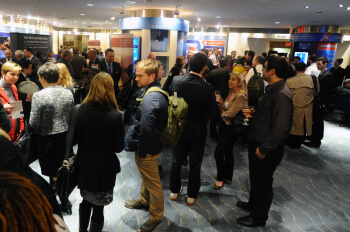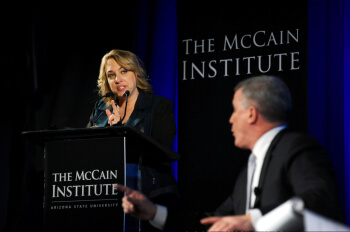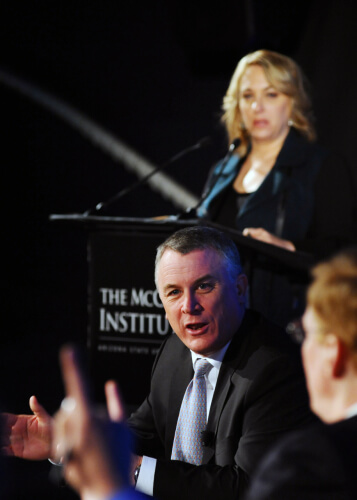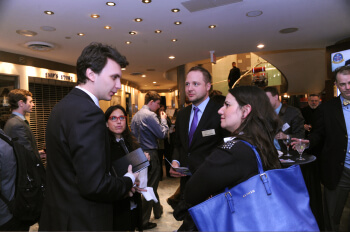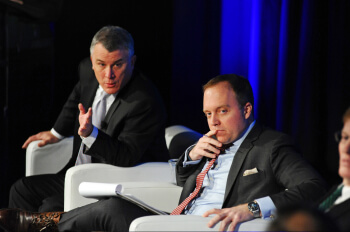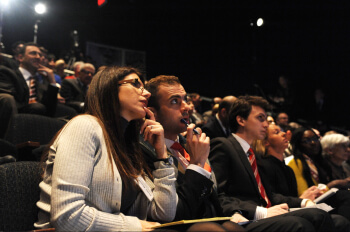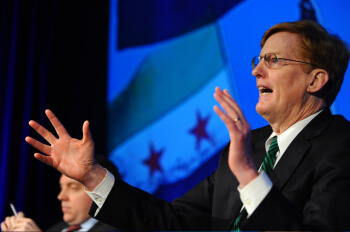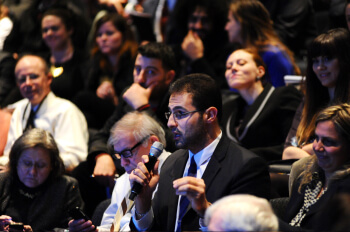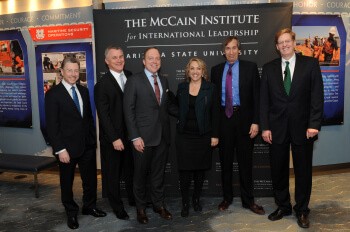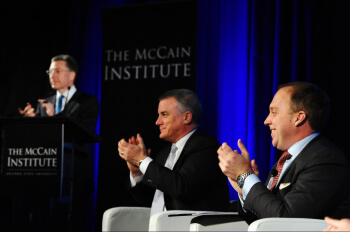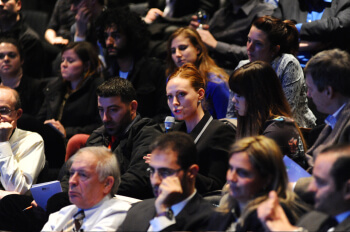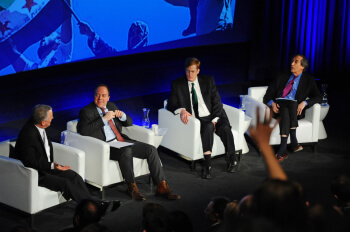Video: Recap
Event Summary
THE DEBATE: On Thursday, January 15, 2015, the McCain Institute for International Leadership hosted “Syria: Should the United States Do More?” at the Heritage Center at the U.S. Navy Memorial in Washington. Having hosted our first debate two years ago on whether the United States should “save Syria,” the McCain Institute revisited the issue by examining the current situation in Syria, the rise of ISIS, and if U.S. action to date is sufficient, or far greater American intervention is required..
Key Points Made In Favor of a More Active Role of the U.S. in Syria:
- The minimal U.S. engagement to date has led to the rise of ISIS – a direct threat to the United States – while at the same time amounts to de facto support to the Assad regime and Iran.
- In order to arrest the destruction of Syria and protect U.S. security, the United States should seek both to defeat ISIS and to remove the Assad regime from power.
- The United States cannot rely on the Assad regime to retake the ISIS-occupied region. Instead, the U.S. can arm the Syrian opposition, and work with Sunni allies in the region to take on ISIS.
- Syria is not defined only by Sunni and Shia extremes: there remains a moderate middle that could govern and deserves support.
- The current situation won’t be resolved on its own. The only way to a solution in the region is the defeat of “Jihadistan” through a much more assertive U.S. and intervention.
Key Points Made Cautioning Against an Excessive U.S. Role in Syria:
- The United States should continue degrading ISIS with airstrikes but avoid a too ambitious U.S. military engagement and nation-building in the region. The United States should stay focused on counter-terrorism activities to would keep ISIS at bay.
- The Middle East is going through a religious and ethnic “sorting out” comparable to the sorting out that took place in Europe during and after World War II. The United States cannot serve as an adjudicator in this process.
- More U.S. arms and military action in the region would make things worse – fragmented militias would fight each other and even more, Syrians would die. The Syrian opposition itself is too divided for any smooth transition.
- The United States should not set a goal of regime change because of what could come after: Should Assad fall, there would likely follow massive ethnic cleansing with even more bloodshed, and still no solution to the civil war.
- Potential Sunni allies in the region are not willing to engage seriously in attempting to solve the Syria crisis, because whoever is drawn in the conflict will likely own it, and be responsible for Syria’s reconstruction.
THE RECOMMENDATIONS
Mike Doran stressed that there are many actions the United States can take both inside Syria and outside. We need to advance a larger vision for the region, in concert with other major powers, but with the United States taking the lead.
Andrew Tabler emphasized that the United States should accept Syria as a failed state, arm the responsible opposition, weaken Assad by allowing him to fight extremists, and support an eventual regime transition. The United States must also do what it says, not make empty statements.
Aaron David Miller agreed that the United States should intensify attacks and train and equip the moderate Syrian opposition. However, we should recognize that even with these efforts, the United States cannot solve the Syrian conflict or transform Syrian society. We need to focus on our own interests, not on nation-building.
Joshua Landis argued that the United States could not fix Syria because there is no good solution and it is not in the power of the United States to end the conflict. The United States should not send more arms to the region as that would further prolong the conflict and lead to further deaths. The conflict could end sooner if the U.S. reduces its arms assistance to the opposition.
THE DEBATERS
ARGUING U.S. ENGAGEMENT REQUIRES MORE CONSISTENT ACTIONS
Andrew Tabler
Senior Fellow in the Program on Arab Politics at the Washington Institute
Michael Doran
Senior Fellow at the Hudson Institute
ARGUING THE U.S. CANNOT SOLVE A PROBLEM SYRIANS THEMSELVES CANNOT SOLVE
Aaron David Miller
Vice President for New Initiatives and Distinguished Scholar at the Woodrow Wilson International Center for Scholars
Joshua Landis
Director of the Center for Middle East Studies and Associate Professor at the University of Oklahoma
MODERATOR
Elise Labott
Global Affairs Correspondent at CNN
